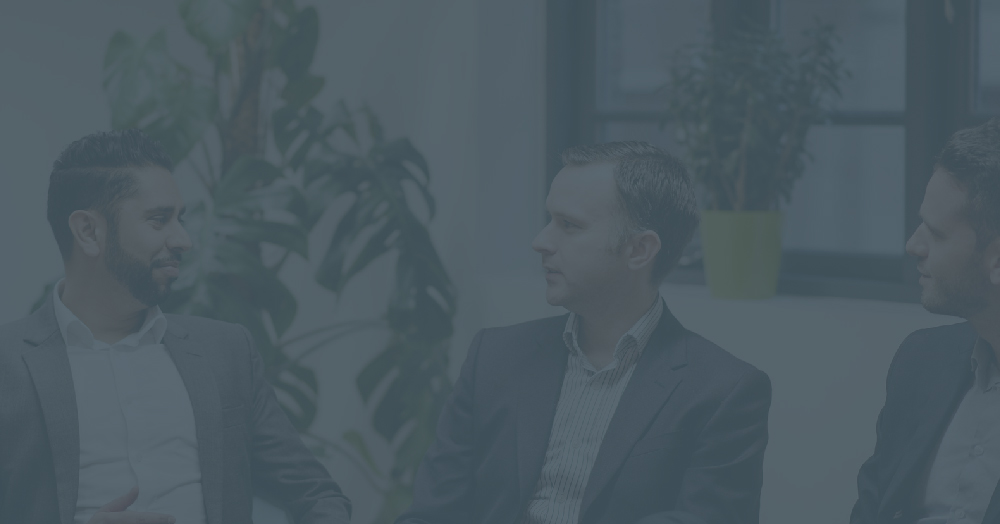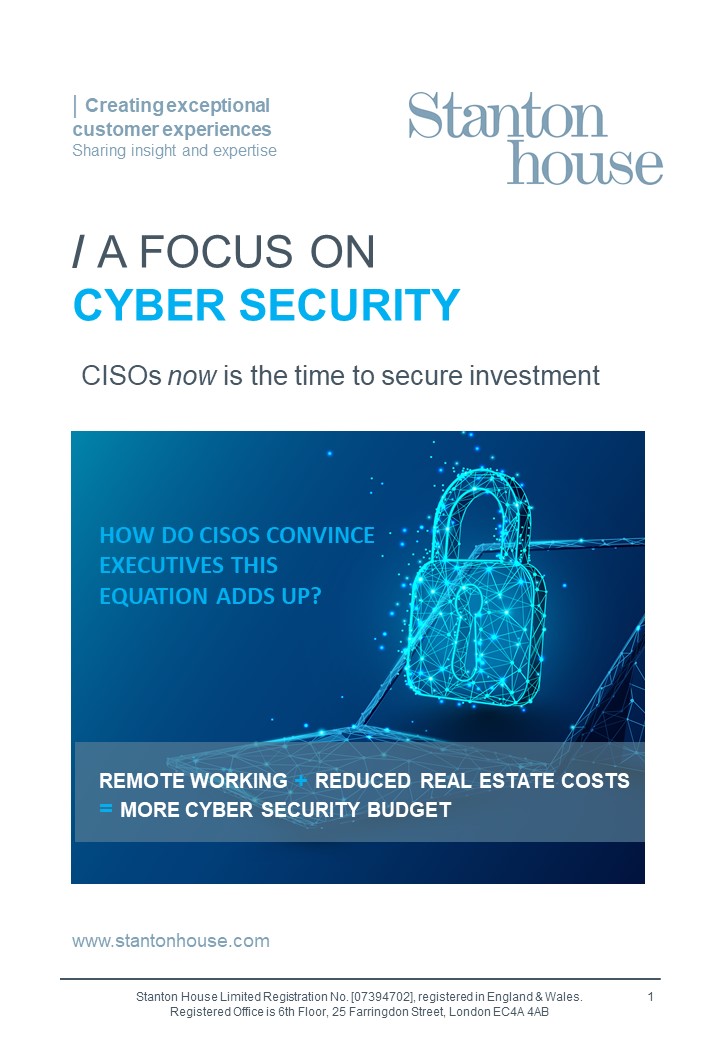

A lot of my network are seeking a new Blockchain developer to help take their business to the next level, I am asked quite a lot about my opinions on Blockchain and how-to standout from the crowd of firms doing the same thing.
In any interview it is vital you understand exactly what a client is hiring for, why they have taken the decision to introduce a new role and how that applies to your own experience as a developer – a fresh pair of eyes and an expert in the field can often claw back the perspective lost in the excitement around the role.
It seems a common pitfall of developers when interviewing that it seems they are unable to articulate the logic behind the technology and the frameworks adopted to solve a business problem. Why was this your nominated approach to solve this business problem?
There isn’t much difference; if any, when interviewing for a development role utilising Blockchain technology. It is great understanding what something does but articulating its business practicalities and how it can add value will help you stand out from the crowd.
Specificity is key. Personalising your pitch to the company, their clients and their users. Focusing on the external and internal interactions and homing in on what blockchain technologies can do for their key business stakeholders. Business acumen and commercial awareness as to how your skill-set can drive a business will be the separating factor.
Be clear and concise. State where blockchain technologies may work and where they may prove risky. Take account for where implementation times may vary and where another approach may be a better fit. Your technical skill-set may get you to interview but your commercial awareness will land you the job.
So, what are the core principles that the perfect candidates forget when presenting themselves as coding professionals?
Usage
- Only 0.5% of the world’s population is using blockchain today, but 50% or 3.77 billion people use the internet. Transaction costs especially for financial institutions may also increase with trades being slower and a mistake could be made irreversible making potential losses very high. Because of its inherently distributed, peer-to-peer nature, blockchain-based transactions can only complete when all parties update their respective ledgers in a process that might take hours.
- The blockchain size can also be problematic with each node that is validating the network needing to store the entire history of the blockchain in order to be a participant. This also increases energy consumption and subsequently storage cost
Hackability and security
- Stealthcare CEO Jeremy Samide states that “blockchain itself is relatively secure. The crypto in blockchain seems battle tested but is still wrapped around the same weakened systems as well as humans as the weakest link.” If more than half of the computers working as nodes to service the network tell a lie, the lie will become the truth. This is called a '51% attack'.
What questions do you need to ask yourself around your own profile before the interview?
- Understand the challenges you faced and how you overcame those? Know the alternatives to what you have built and be able to comprehend the challenges you had to overcome.
- Why was blockchain applicable to the business problems you were solving? Its not a one size fits all solution but understanding the application rhetoric is critical to standout. It isn’t self-deprecating to state when non-blockchain alternatives may be a better fit.
- Why use one language over another? Satoshi Nakamoto chose C++ to be the base language of the bitcoin source code but many other performance-based languages are used. JavaScript along with CSS and HTML have a good application for smaller blockchains. Python is also used extensively for its simplicity and minimalism with code analysis and timestaps being easy to do and find. Go-Lang too is being adopted in order to reduce CPU running time speeding up the chain.
In conclusion knowing why not to use blockchain and when to use it is important to standout. Gone are the days of sitting in a dark room chopping up the code that has been tasked to you. In the modern day, understanding the practical application and using best fit technology can be as important as building a scalable and reusable code. Challenge yourself before any interview as if you were being consulted and selling a service. Know why you would use one language over another and the benefits of doing so. This all builds into the problem-solving nature of software development rather than filling in the block of a design pattern and increases your employability through being solution focused with an understand of why not just “because”.
Similar blogs




